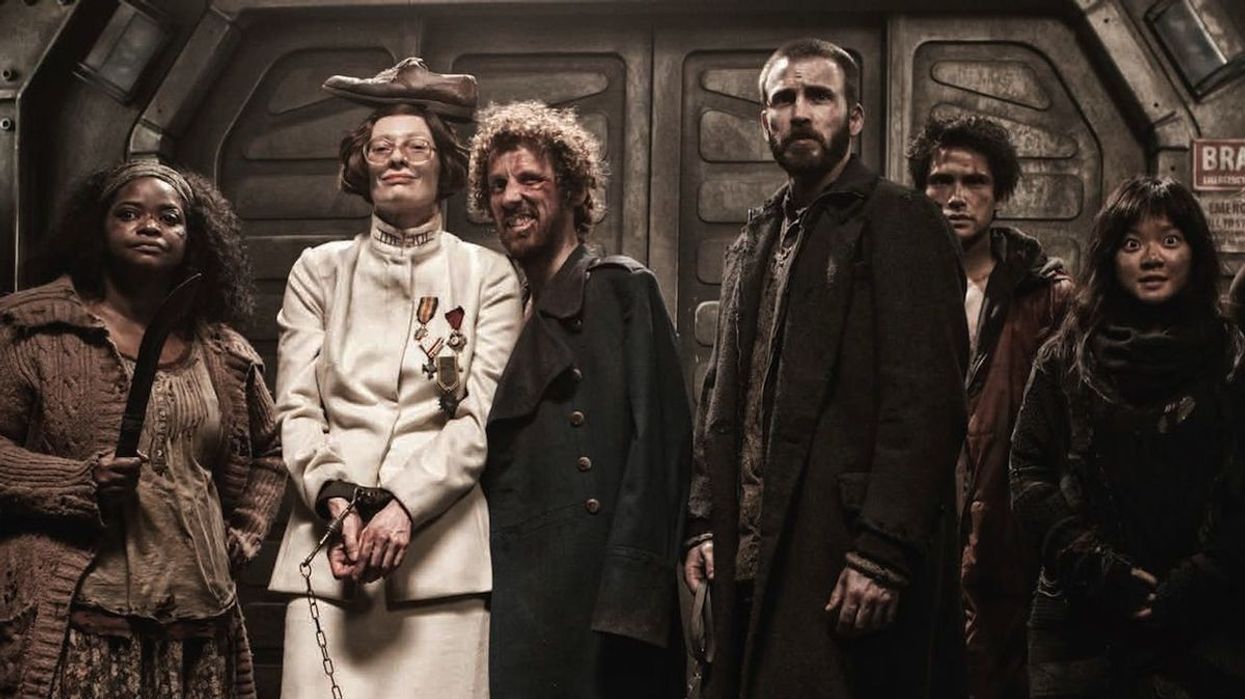How Does Bong Joon-Ho Break Genre Conventions?
When it comes to translating tropes and genres, Bong Joon-Ho is an expert.

I love watching foreign movies because they often have different interpretations of characters and situations that you don't see in American films. That's because different cultures have different expectations and those can lead to diverse and interesting character arcs.
One thing I never considered was that, when people outside of the U.S. watch American movies, they could take our tropes and subvert them just by adapting them to make them fit within their own cultures.
The director who has been doing that for years, and having more success than anyone else, is Bong Joon-Ho.
Check out his lecture for the BAFTA Screenwriters' Lecture Series, in which he talks about his career, breaking film genre conventions, Snowpiercer and Parasite, Alfred Hitchcock’s Psycho, and more!
After that, let's talk more after the break.
How Does Bong Joon-Ho Break Genre Conventions?
It's safe to say that Bong Joon-Ho loves genre. He's often working with films whose conventions he's able to manipulate, twisting things for the audience's enjoyment. As he says, “I don’t really separate the characters from the plot or the situation and come up with years’ worth of background story for each character. I tend to jump very quickly into the situations. I really think of the surface actions and situations that happen within a story, and then, meanwhile, I continue thinking about, ‘Well, then who are these characters?’ So I first really focus on the actions that they would do in the story. I’m not saying that that’s the best method to write. I always believe that the specific actions are the most important part of a character, and I don’t always believe that actions are consistent.”
So, let's talk about how he subverts the story in front of us.
Aside from taking what we consider an American reality and pulling it into Korea, Director Bong likes to decide what makes a story human. What brings connection from us and draws us into the narrative.
For a movie like Snowpiercer, it meant leaning into the conventions and only tweaking it slightly.
But when it comes to things like The Host, it meant subverting every trope imaginable and having fun doing it.
In both instances, we engage with the story because of both the expected and unexpected outcomes.
A lot of these things he learned from filmmakers like Alfred Hitchcock, including when he kills off the lead in Psycho 30 minutes into the movie. And it doesn't stop there, he sees Hitchcock's use of steps as portals into another world and likes to pay homage to that while modifying it.
Think about how the stairs in Parasite carry us into not only another world but another tax bracket.
You can literally social climb.
What are some of the genre conventions you see Director Bong lampooning? What are the instances where his films shake up the world within them?
For me, I love how Okja takes an idea like Soylent Green and turns it into way more of an anthropomorphized look at what's for dinner. Not only is that unexpected, but it asks the audience big questions about sustainable food and how we feed humanity...with a cute animal as part of it.
Can you think of other directors working in a similar vein?
I think Scorsese adapting The Departed from Japan gave us all the tropes of a twisty cop thriller while also using Boston to show toxic masculinity at its finest.
A lot to ruminate on here.
What's next? Get our free screenwriting eBook!
So much of what we're talking about on No Film School when it comes to screenwriting is summarized in our new eBook. It also helps guide you through a 10-week writing plan that will get your script actually finished.












